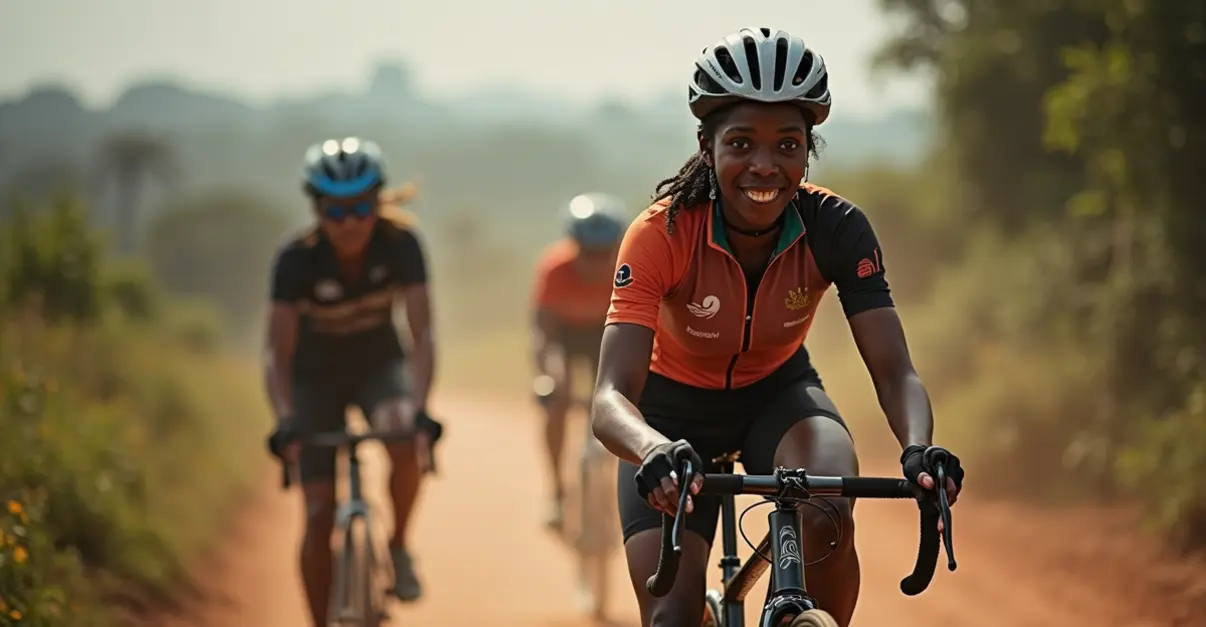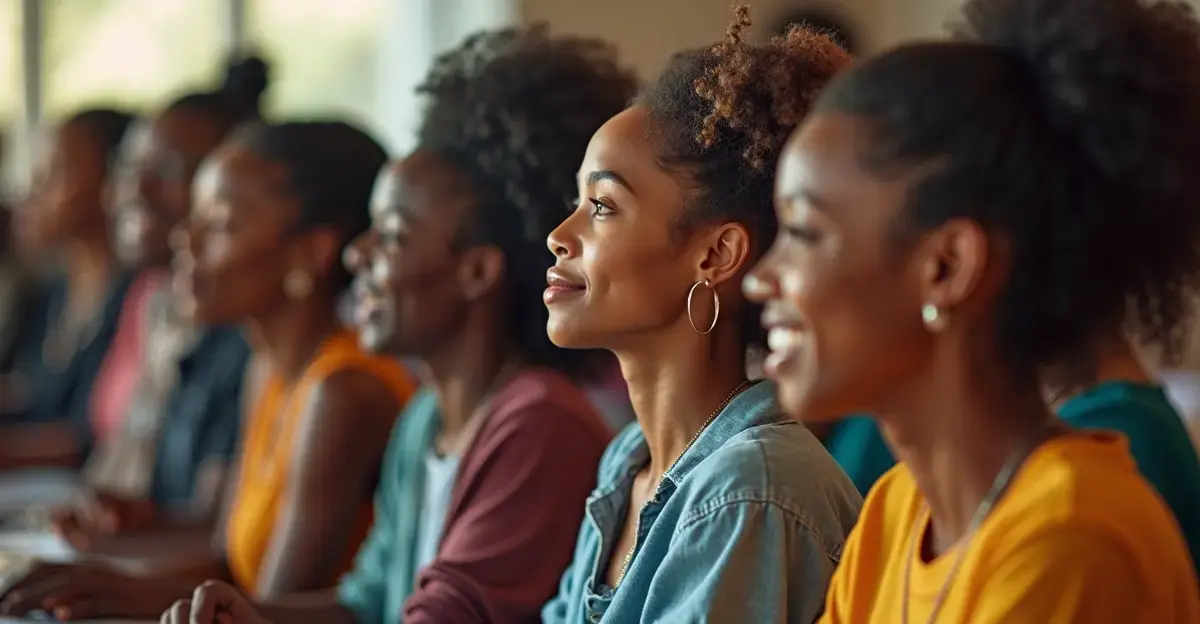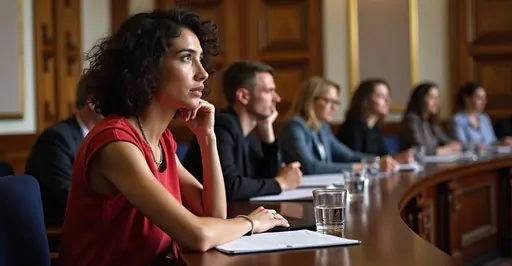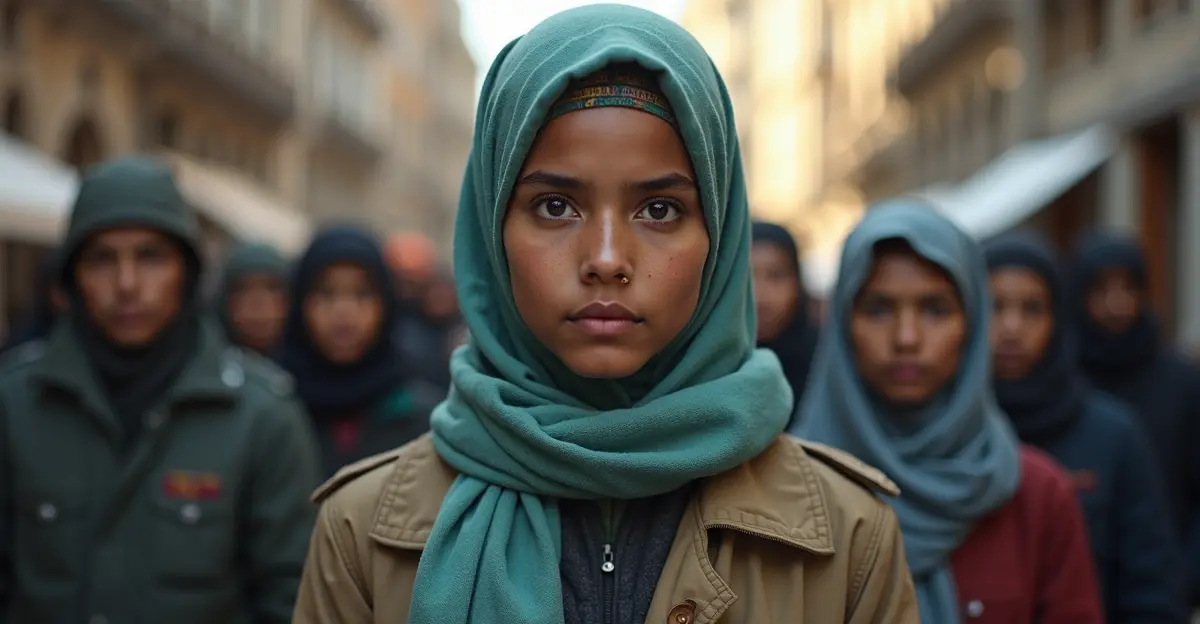Young Rwandan women cyclists find hope and inspiration from the controversial World Championships in Kigali, despite human rights concerns surrounding the event.

Young Rwandan Cyclists Find Hope Amid Controversial World Championships
As the 2025 UCI Road World Championships unfold in Kigali, Rwanda, a new generation of female cyclists is finding inspiration despite the political controversies surrounding the event. While international critics question Rwanda's human rights record, local coach Pascal Ndizeye sees the championships as a catalyst for change in African women's cycling.
Building Champions in Rural Rwanda
Two hours from the championship buzz in Kigali, six young women in cycling gear train relentlessly through Rwanda's hilly countryside. Coach Ndizeye, who manages the professional team Java-Inovotec, believes these athletes represent Africa's cycling future. "This is the time to push African talent forward," Ndizeye declares from his support vehicle.
The coach has identified particular promise in 16-year-old Donata Akimana and 20-year-old Denise Irakoze, both overcoming significant personal challenges. Akimana lost her mother recently and was abandoned by her father, while Irakoze's farming family struggles with food insecurity. "We want to learn to climb and descend like our heroes," says Irakoze, whose modest mud-walled home displays the medals that represent her family's hopes.
Controversial Backdrop
The World Championships arrive amid ongoing criticism of Rwanda's government. Human rights expert Mohammed Keita of the Human Rights Foundation notes that while Rwanda invests heavily in sporting events, "the money flows back to the elite while much of the country lives in poverty." The championships follow Rwanda's diplomatic tensions with neighboring Democratic Republic of Congo and international sanctions over human rights concerns.
Despite these challenges, Ndizeye remains focused on development. "Cycling is part of life here," he explains, referencing Rwanda's annual Tour du Rwanda. His commitment to women's cycling stems from recognizing that female athletes face fewer interruptions than their male counterparts, who often must serve mandatory military service.
African Cycling Renaissance
The success of Eritrean cyclist Biniam Girmay, who won the green jersey in the Tour de France, has energized African cycling. The continent's first World Championships represent a milestone that Ndizeye believes will accelerate development. "Watch these women," he says confidently. "One day you'll see more African women in Le Tour de France Femmes."
For young cyclists like Irakoze, the championships offer more than inspiration—they represent potential economic transformation. "We need to win more," she says, holding one of her medals, "because prize money can change our lives."

 Nederlands
Nederlands
 English
English
 Français
Français
 Deutsch
Deutsch
 Español
Español
 Português
Português









